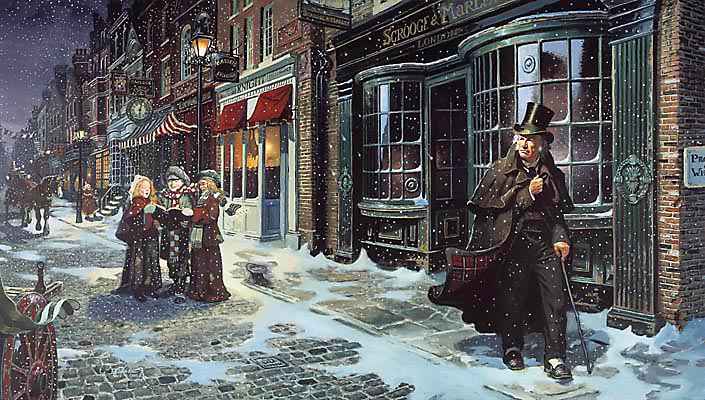As a young man I seldom shed a tear over anything, certainly not over sad events. My problem solving instincts kicked in and I would be too preoccupied with analyzing how to make the best out of sad events than to shed tears, instincts that continue to serve me well as a caregiver. I did manage to shed an occasional tear over the most joyful events, weddings in particular. An occasional inspirational movie had the same effect.
With the Christmas season upon us, Cindy and I watch Christmas movies almost daily during meal time (ah, the advantages of pause and play streaming). As an, ahem, “mature” caregiver, I find myself shedding tears over trite Christmas themes that never would have tapped into such emotions when I was younger. Conventional wisdom suggests this is an uncontrolled consequence of aging. I do not dispute that, though I suspect the wisdom of aging contributes to being sappy. My role and research as a caregiver contributes further to this wisdom.
There are a handful of common Christmas themes. Saving Christmas or Santa Claus does not bring out the sap in me. Neither does thwarting international terrorism on Christmas (OK, so only Die Hard employs that theme). I may or may not find sappy the romantic kiss that finally happens on Christmas Eve while snow suddenly and magically starts to fall, even in southern California!
The theme most likely to make me emotional is the one in which a person is forced to reexamine their life at Christmas time, a la Christmas Carol. A person considered successful by civilized standards catches a glimpse of what life would be with humane or loving priorities. They have a revelation and choose the path of humanity and love.
Never does this theme work in reverse. Neither for Christmas nor at any other time does a movie tell the conversion of a formerly humane and loving person catching a glimpse of being rich and powerful. Christmas movies can get away with all types of fantasies, but suggesting that deep down inside our nature prefers to be successful over love and belonging is just too unbelievable for people to swallow.

If you have followed this blog for awhile you know there is a physiological reason for why the Scrooge conversion does not work in reverse; the same reason why certain behaviors enhance brain health. This accounts for the “deep down inside” feeling. Being civilized bombards us with messages that our priorities should be on material and/or individual success, preventing for some the experiences of joy, belonging and altruism making us euphoric. Yet our brain cells still know “deep down inside” what our conscious neglects. We still can distinguish between the believable and unbelievable at a subconscious level, a level where our true nature turns us into saps.
Younger adults may think sappy tears must be part of a cycle where the elderly return to a childlike, emotional innocence, but I have a different theory. As we grow older, more experienced and wiser (hopefully), we become more in touch with who we are. Part of that is acquiescing to what our body, conscious or even subconscious tells us, overcoming social norms that might not be in our best health interests. We make less effort at restraining joy at the level that sheds tears.
I go a step further. Knowing that euphoric joy enhances brain health, yet limited in my real life interactions with others now, I embrace vicarious opportunities such as Christmas movies for tearful joy to occur. I become sappier than I would be without this knowledge. I encourage younger adults who witness older folks like me getting sappy to loose the civilized restraints and follow suit for the sake of their own health.
‘Tis the season to be sappy. Then again, all seasons should be.

Perfectly wonderful, Kirk! I have loved A Christmas Carol, I think, for as long as I’ve known it – much like It’s a Wonderful Life. Both give me a glimpse of what I don’t want, serving as a foil for that “deep down” need that you wisely name. Blessings and love to (sappy) you and Cindy, Erick
You know the part where we talk about old people getting crazy? Well, I think we get more and more “un-crazy” ( call it sappy if you will), learn to LIVE, (which includes getting more emotional), and that the young (including us at one time) are the crazy ones for not letting loose.